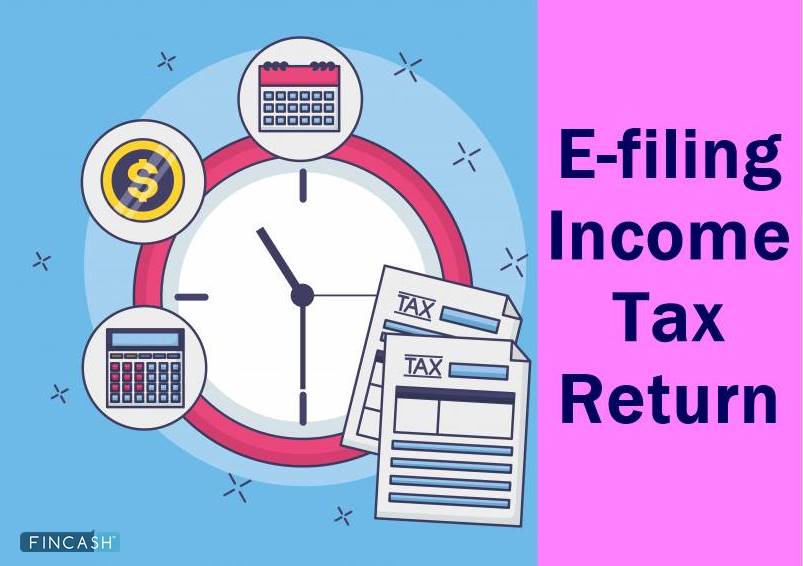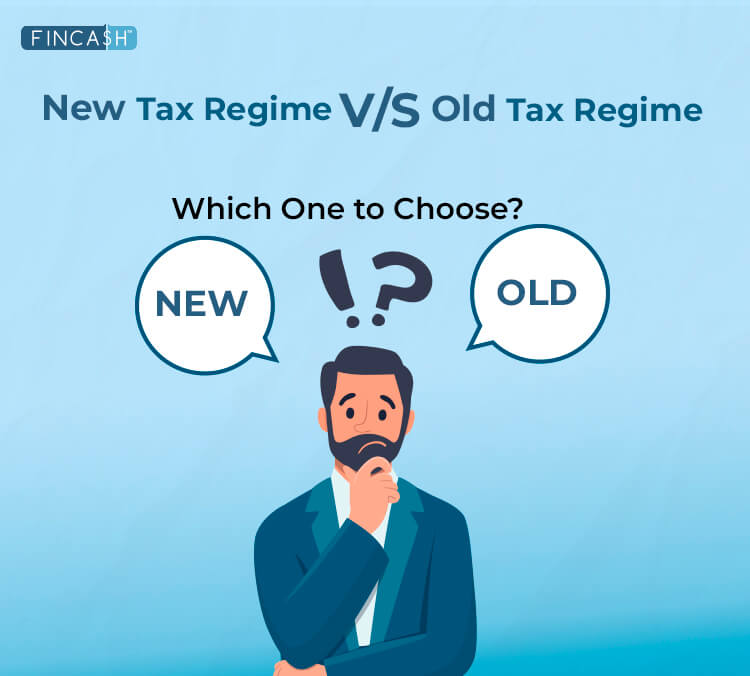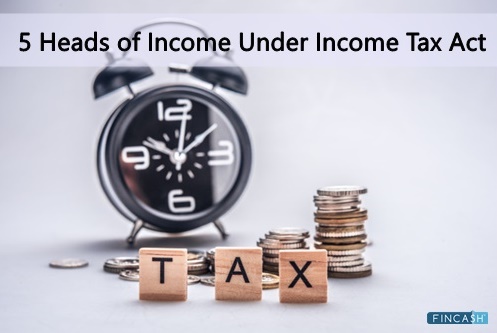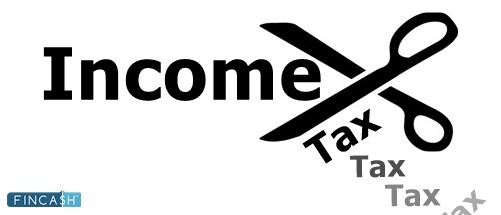
Fincash » Income Tax Return » Income Tax Deductions for Salaried Employees
Table of Contents
- Standard Income Tax on Employees (Deduction & Exemption)
- The Section 80C, 80CCC, and 80CCD (1)
- House Rent Allowance Exemption (HRA)
- Leave Travel Allowance (LTA)
- Section 80D: Medical Insurance Deduction
- Section 80C and Section 24: Home Loan Interest
- Section 80TTA: Deductions on Interest Acquiring from the Savings Account
- Conclusion
Income Tax Deductions for Salaried Employees
When overall taxpayers are assessed in the country, salaried individuals create a significant chunk of it. And, their contribution to tax collection is substantial as well. Keeping that in mind, income tax Deduction rules for salaried employees provide an array of opportunities when it comes to saving Taxes.
With the help of these exemptions and deductions, you can easily decrease your tax significantly. Thus, if you are a salaried individual, knowing every little detail about the deduction is quite imperative. Let's find out more about it.
Standard Income Tax on Employees (Deduction & Exemption)
While putting forth the union budget of 2018, the Indian Finance Minister announced a standard deduction for a salaried person of Rs. 40,000. This deduction is in the place of medical reimbursement (Rs. 15,000) and transport allowance (Rs. 19,200).
As a result of it, salaried individuals can now get an extra Income tax exemption of Rs. 5800 as per FY 2018-19. However, in the interim budget of 2019, the amount of Rs. 40,000 was increased to Rs. 50,000.
The Section 80C, 80CCC, and 80CCD (1)
Undoubtedly, Section 80C is the most widely used option when it comes to availing income tax exemptions for salaried employees. Under this section, if an individual or Hindu Undivided Families (HUF) spend or invest on specified tax savings avenues, they can get a deduction up to Rs. 1.5 Lakh.
The government also supports specific tax saving instruments, such as NPS, PPF, and more to allow individuals to invest and save for their retirement. Investments or expenditures under section 80C are not allowed as a deduction for income sourced from Capital gains.
This simply means that if your income contains Capital Gains, you will not be eligible to use the benefits of section 80C. Some of the investments that are eligible for exemption under section 80C, 80CCC, and 80CCD (1) up to Rs. 1.5 Lakh are:
- The premium of Life Insurance
- Employee Provident Fund (EPF)
- Equity Linked Savings Scheme (ELSS)
- Pension/annuity Schemes
- Home Loans Principal Payment
- Children’ Tuition Fees
- PPF Account Contribution
- Sukanya Samriddhi Account
- NSC (National Saving Certificate)
- Fixed Deposit (Tax Savings)
- Post Office time deposits
- National Pension Scheme
Talk to our investment specialist
House Rent Allowance Exemption (HRA)
If being a salaried individual, you are living in rented accommodation, availing the advantages of HRA could be easier. The amount could either partially or totally get exempted from your income tax. But, in case you are not living in any rented accommodation and are still receiving the benefits of an HRA, it will be considered as taxable.
Leave Travel Allowance (LTA)
The income tax law also offers an LTA exemption to salaried individuals in order to limit the travel expenses incurred during the time period of their absence from work. However, you should keep in mind that this exemption does not include the cost that may incur for the entire trip, such as food expenses, shopping, leisure, entertainment, and more.
Also, the allowance only covers domestic trips and not international ones. The mode of travel should also be either airway, railway, or public transport.
Section 80D: Medical Insurance Deduction
Section 80D is one such deduction that you can claim on your medical expenses. This way, you can easily save taxes on the health insurance premium that you may be paying for yourself, family or dependent parents.
The limit under this section for deduction is Rs. 25,000 for insurance premium. In case you are paying insurance premiums for senior citizen(s), you can claim deduction up to Rs. 50,000. Moreover, health checkup for up to Rs. 5,000 are also covered within the overall limit.
If your employer is paying premiums on your behalf and is deducting the same from your salary, you can claim deduction under section 80D.
Section 80C and Section 24: Home Loan Interest
Another primary tax-saving tool is Home Loan interest. You can claim deduction up to Rs. 2 lakhs for the loan interest for self-occupied property.
Section 80TTA: Deductions on Interest Acquiring from the Savings Account
As per the Section 80TTA of the Income Tax Act, if you are earning an income from the Savings Account interest, the deductions available for salaried employees in this respect would be up to Rs. 10,000. But, keep in mind that this is only available for individuals and HUFs.
In case the income from the interest is less than Rs. 10,000, the entire amount can be deducted. However, if the income is more than Rs. 10,000, the amount after that will be taxable.
Conclusion
The components mentioned above can facilitate savings by availing tax exemptions and deductions to a great extent. So, ensure that you are making the most out of these income tax deductions for salaried employees. Also, structure your salary in such a way that you get to save more on your taxes.
All efforts have been made to ensure the information provided here is accurate. However, no guarantees are made regarding correctness of data. Please verify with scheme information document before making any investment.












